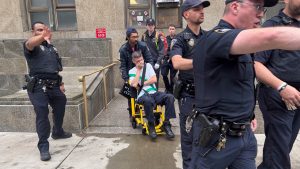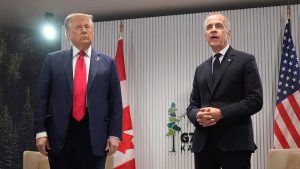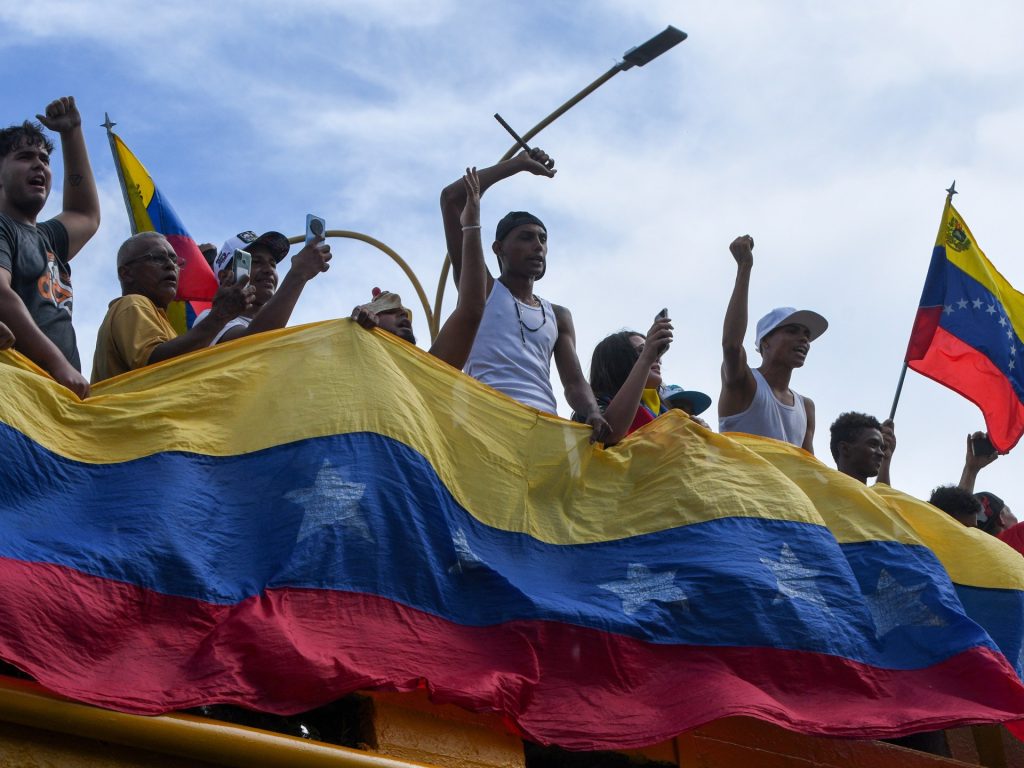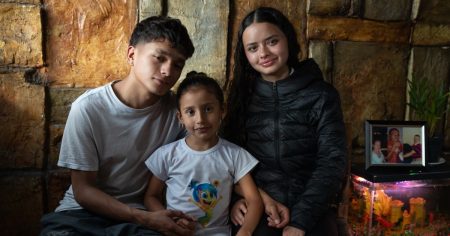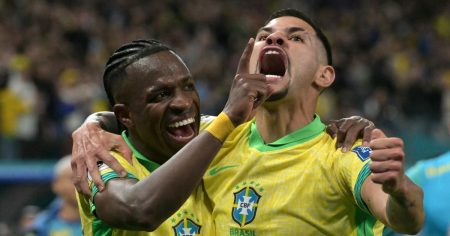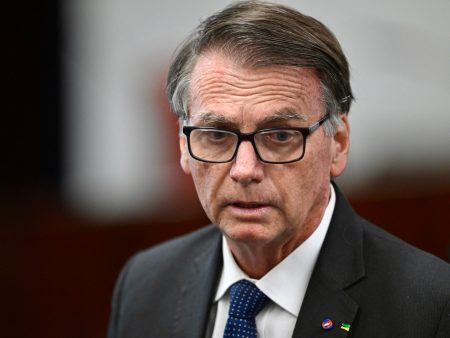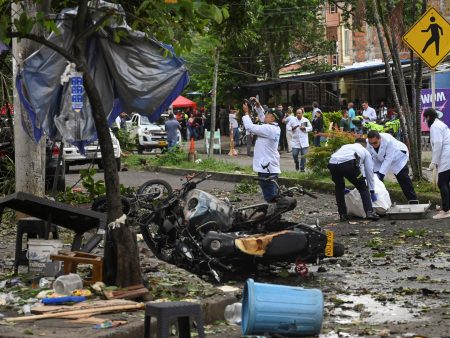Venezuela’s Political Turmoil: A Deep Dive into the Maduro Presidency and the Opposition’s Struggle
Venezuela has been embroiled in a deep political and economic crisis for years, with the contested 2018 presidential election marking a significant turning point. Incumbent President Nicolás Maduro claimed victory amidst accusations of widespread irregularities and fraud, sparking international condemnation and a fierce challenge from opposition leader Juan Guaidó. The subsequent years have witnessed a power struggle, a humanitarian crisis, and a complex interplay of domestic and international actors striving to influence the country’s trajectory.
The Maduro government, facing widespread protests and international pressure, claims to have released 1,515 individuals detained during post-election crackdowns. This gesture ostensibly aimed at easing tensions and projecting an image of leniency, comes just days before Maduro’s controversial inauguration for a third term. The opposition, however, dismisses these releases as a superficial attempt to improve the government’s image and distract from the underlying issues of political repression and human rights violations. They argue that the releases do not address the root causes of the protests, nor do they acknowledge the legitimacy of the opposition’s claims.
The crux of the Venezuelan crisis lies in the disputed 2018 election. Maduro’s victory was immediately challenged by the opposition, who accused the government of manipulating the results. International observers also raised concerns about the transparency and fairness of the electoral process. The opposition, led by Juan Guaidó, the then-President of the National Assembly, declared Maduro’s presidency illegitimate and invoked constitutional provisions to assume the interim presidency himself. Guaidó quickly gained recognition from the United States and a coalition of over 50 other countries, further escalating the political standoff.
The international community has played a crucial role in the Venezuelan crisis, with countries taking sides and implementing various measures to influence the outcome. The United States, a staunch critic of the Maduro regime, has imposed a series of economic sanctions, targeting key government officials and industries. These sanctions, aimed at pressuring Maduro to step down, have had a devastating impact on Venezuela’s already struggling economy. Other countries, including regional powers like Brazil and Colombia, have also expressed their support for Guaidó and called for free and fair elections.
Despite the international pressure and internal dissent, Maduro has maintained his grip on power, backed by the Venezuelan military and key international allies like Russia, China, and Cuba. These countries have provided crucial economic and political support to the Maduro regime, helping to counter the effects of U.S. sanctions and bolstering Maduro’s legitimacy on the world stage. The military’s loyalty has been instrumental in preventing any substantial internal challenge to Maduro’s rule, effectively quelling any potential uprising or coup attempt.
The humanitarian crisis in Venezuela further complicates the political landscape. Years of economic mismanagement, corruption, and hyperinflation have led to widespread shortages of food, medicine, and other essential goods. Millions of Venezuelans have fled the country, creating a refugee crisis in neighboring countries. The ongoing humanitarian crisis adds another dimension to the international community’s concerns about Venezuela, exacerbating the political instability and posing significant challenges for regional stability.
The opposition, while facing significant obstacles, continues to challenge Maduro’s legitimacy and call for free and fair elections. They have organized protests, engaged in negotiations with the government, and sought international support for their cause. Guaidó’s initial momentum has waned in recent years, as Maduro consolidated his power and the international community’s focus shifted. Nevertheless, the opposition remains a key player in the Venezuelan political scene, representing the hopes of many Venezuelans for a democratic transition and a return to stability.
The future of Venezuela remains uncertain. The ongoing political stalemate, coupled with the humanitarian crisis, presents significant challenges for the country and the international community. The possibility of a negotiated settlement remains elusive, with deep mistrust between the government and the opposition. The role of the international community, particularly the United States and its allies, will continue to be crucial in shaping the trajectory of the Venezuelan crisis. Whether the country can achieve a peaceful and democratic transition remains a pressing question, with the well-being of the Venezuelan people hanging in the balance.
